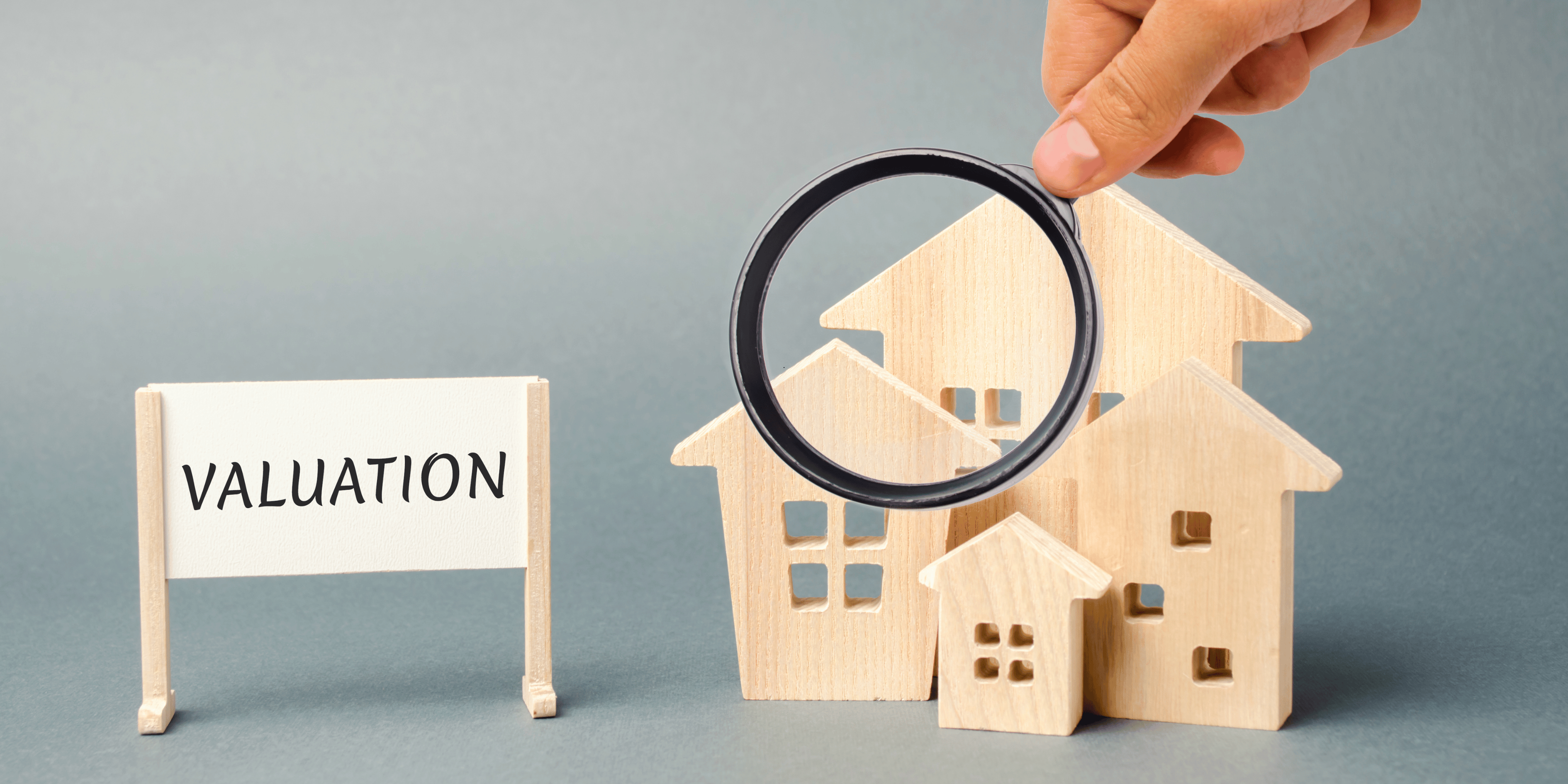A Complete Guide for Property Owners
In the case of insuring your property either a house, business or even rented property is mandatory. However, to be well covered, the insurance property appraisals are essential. A lot of owners are not completely aware of what property appraisal is, why, and when it is necessary under insurance.
We will become the Clarifiers of the insurance property appraisal in this guide.
What Is an Insurance Property Appraisal?
Insurance property appraisal is a professional evaluation of the replacement cost of a property or the value it would cost to be replaced or rebuilt using material of similar type and quality at the prevailing market prices not the market value or resale value of the property.
This valuation will also make sure that your insurance policy is sufficient in terms of coverage, thus you will not be underinsured in case of a loss, caused by fire, flood or any other insurable event.
Why Is a Property Appraisal Important for Insurance?
Accurate Coverage
When your property is underinsured, you may have considerable out of pocket expense post-disaster. Conversely, in case it is over-insured, then you might be paying more premiums than you need to. An appraisal is made to assure that the amount covered is equal to the real cost of rebuilding.
Avoid Co-Insurance Penalties
A co-insurance clause is present in many Canadian commercial policies of insurance. In case you are underinsured, the insurance company might not cover all your loss though it is a partial loss, it might just pay some part of it. Professional appraisal assists you to satisfy co-insurance requirements and face no fines.
Support for Claims
In case you have to make a claim, it is a good idea to have an up-to-date property appraisal as the claim can be processed faster and the appraisal will justify the claim. When the appraisal report is provided by a qualified appraiser, the insurers will tend to believe the report as reflecting a fair representation of value.
What Does an Insurance Appraisal Include?
An insurance appraisal includes the following components:
Replacement Cost Estimate
This is the essence of the appraisal. It estimates the cost of re-constructing the structure in your area today, labour, materials, permits and other construction cost.
Detailed Property Description
The appraisal will have a breakdown of the building characteristics like size, layout, construction materials, HVAC systems, roofing, finishes and special features.
Depreciation & Age Certainty
Although insurance is generally pegged on replacement cost, depreciated values may also be used as reference points during the appraisal.
Documents and Photographs
The photos of the property and the main aspects are provided in order to substantiate the valuation and facilitate any further claims.
Regional Cost Adjustments
Construction prices may be very different depending on the province or even urban and rural regions. Local appraiser will make sure that the cost of construction in the region is taken into account in the valuation.
Who Performs an Insurance Property Appraisal?
Appraisals of the insurance are done by licensed property appraisal firms. These professionals are well versed in construction estimates, property, and insurance laws.
How Often Should You Get a Property Appraisal?
To include the majority of property owners, an insurance appraisal is suggested to be conducted once every 3 to 5 years.
Nevertheless, there might be cases in which more frequent updates are needed:
- After renovations or upgrades.
- In case the cost of building materials or labour has increased enormously.
- When the insurance policy is undergoing renewal or re-negotiation.
It is always best to keep your appraisal current so that you are not either under-insured or over-insured.
Insurance Appraisal for Different Property Types
Residential Properties
Homeowners rely on appraisals to have the insurance policy reflect the true cost of rebuilding their home in case of a natural disaster such as wild fires or floods.
Commercial Properties
Insurance appraisals are important to business owners because they help them meet their co-insurance obligations and because they protect their businesses against unforeseen losses or damage.
Rental Properties & Multi-Unit Dwellings
Property investors typically receive appraisal to achieve a balance between the price of insurance and the extent of risk involved in a tenant occupied unit.
Insurance Appraisal vs. Market Appraisal

The most popular myth is that the market value of a property is equal to its insurance value. That is not true.
Where a market appraisal is the measure of how much property is likely to fetch due to location condition, demand, and value of land, an insurance appraisal looks at the cost to restructure the structure not the land.
For example:
- The house you live in Vancouver has a market value of $2.5 million because of the location, however, the amount of money it would take to replace the house once it has caught fire would be as low as 800,000 dollars.
- Likewise, even a rural house whose market value is lower can be more expensive to re-erect because of labour and materials shortages.
Replacement cost rather than the real estate market should be used to determine the insurance coverage.
What Is the Cost of an Insurance Property Appraisal?
The price of an appraisal is based on the size, the type and the location of a property.
It is an upfront expense, but an appraisal will either save thousands of dollars of premiums or claim battles in the case in the long run.
How to Get an Insurance Appraisal?
Here’s a step-by-step process:
Find a Certified Appraiser
Find the AIC and CNAREA members who have experience in insurance appraisal.
Prepare Property Information
Include blueprints, history of renovation or previous appraisals where possible.
Schedule the Appraisal Visit
The appraiser will do a physical inspection of property to evaluate and record.
Receive the Report
Formal appraisal report with the cost of replacement and documentation will be provided.
Submit to Your Insurer
Check your existing insurance coverage with the help of the report.